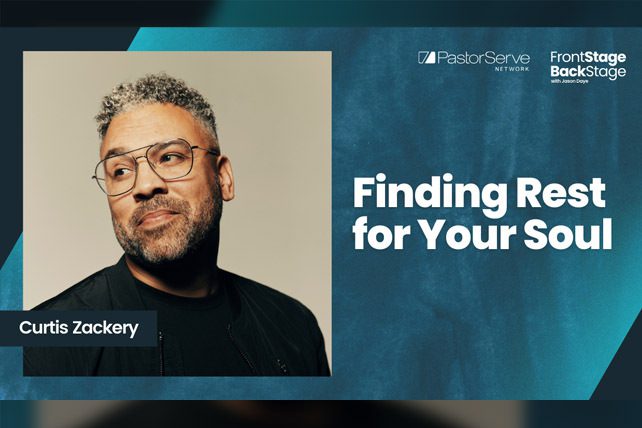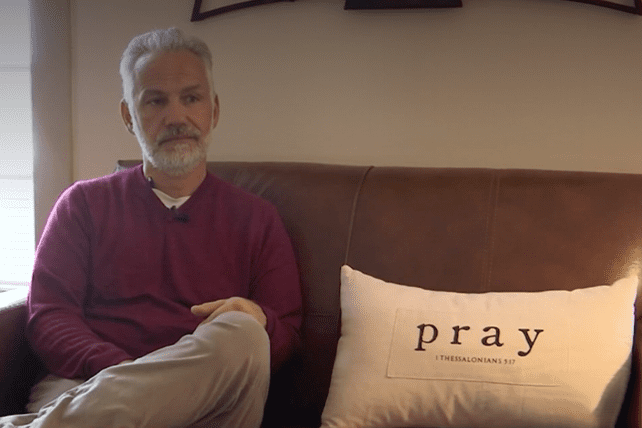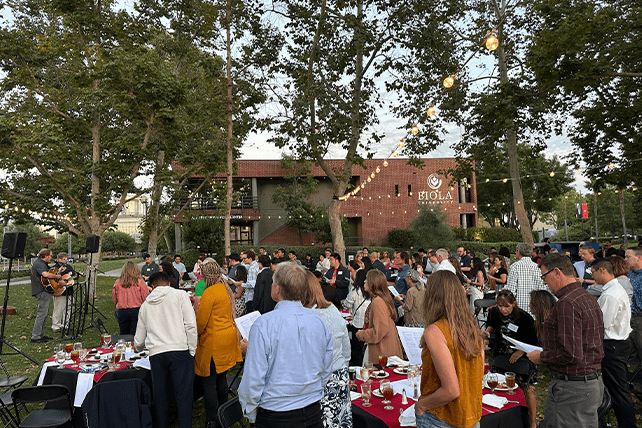Are you the kind of person who makes a list at the beginning of the day and then crushes it before the sun goes down? Or, are you the kind of person who wants to be that kind of person but ends most days with a handful of half-finished projects, missed deadlines, and emails awaiting responses? Let’s be honest: We all want to be like the person in the first scenario, but most of us are fighting a constant battle to avoid being the second person. Well, I have a secret for you. “Getting Things Done” (GTD) isn’t about being superhuman. It’s about having the right tools and using them effectively. GTD apps are your “utility belt.” It’s more Batman than Superman.
GTD Apps – More Batman Than Superman
To get things done efficiently, both at work and in your personal life, you need a system that works. And as a project manager — either by title or by accident — organization and time management are essential skills.
After all, if you can’t keep track of your own priorities and schedule, how can you lead your team in those areas?
But sifting through thousands of productivity apps or trying to juggle projects between a dozen different apps on your phone is counterproductive. So, I’ve done the research for you and have found five apps you can start using today to get your “Getting Things Done” process in order.
What is the ‘GTD’ process?
If you’re not familiar with the “Getting Things Done” system, here’s a quick primer: “Getting Things Done” is a productivity philosophy based on the best-selling book of the same name by David Allen.
Since the book was first published in 2001, the “Getting Things Done” movement has become a phenomenon, with certified trainers franchised around the world and a global summit in 2008.
Like Elvis Presley’s mantra (taking care of business, or TCB), “Getting Things Done” is known in shorthand as GTD.
The GTD system can be summed up by this principle: The more productive you are, the less stress you’ll have.
In other words, get more done in less time so you can relax more.
The key to this, according to Allen’s system, is to prioritize your inbox so that you can remove clutter and focus on your task at hand while moving incomplete tasks into a reliable queue until they are your task at hand.
The “Getting Things Done” process requires the following tools:
- Inbox
- Trash can
- Filing system for reference material
- Lists
- Calendar
In 2001, those tools were still physical — an actual file cabinet and desktop calendar. But in 2018, you can access versions of all of those tools on your phone.
For some people, having a physical calendar or to-do list is their most reliable way of getting organized, and that’s fine.
But technology has come a long way since the early 2000s, and apps are here to stay.
A GTD tool on your smartphone includes features — such as automation and collaboration — that your trusty old notebook or daily planner calendar just can’t compete with and can save your business time and money and help your team stay connected.
5 GTD apps to save time and reduce stress
Focusing on the GTD system’s five key tools — inbox, trash can, filing system, checklist, and calendar — we’ve come up with the five options below that address all of GTD’s steps.
I chose these options after reading through a handful of GTD message boards to see what real practitioners recommend and use themselves. These five tools came up over and over again. Some are iOS only (after all, there are quite a few Apple users out there), but I have also included cross-platform options so that everyone is covered.
Apps are listed in alphabetical order.
Android | iOS
The GTD system starts with the inbox, and G Suite — Google’s GTD-friendly ecosystem — has that covered with a little program called Gmail. You may have heard of it: It’s only the most popular cross-platform email client on the planet.
From there, you can archive old emails or file them away into sorted folders, for ongoing projects that you need to come back to.
G Suite also has Google Docs (or Keep) for taking notes and making checklists, and Google Calendar for keeping track of your team schedule. Collaboration is a strength in G Suite: Team members can comment and reply on everything from documents, to spreadsheets, to presentations. And of course, everything is integrated.
It’s almost like Google built G Suite with GTD in mind.
BEST FOR: Highly collaborative teams that are comfortable working in a Gmail-based environment. Price: $5 per user, per month for custom email domain, 30 GB storage, and 24/7 support. You can download the component apps individually for free.
Android | iOS
If you’re already familiar with GTD apps and you’re wondering why Wunderlist (the beloved German task management app) isn’t on this list, it’s because Microsoft bought Wunderlist in 2015 and has promised to replace it with Microsoft To-Do.
As of the summer of 2018, Wunderlist is still hanging in there, but Microsoft To-Do general manager Ori Artman said in 2017 that, “Once we are confident that we have incorporated the best of Wunderlist into Microsoft To-Do, we will retire Wunderlist.”
The good news is that — as Artman said — Microsoft has promised to incorporate all of Wunderlist’s best features (such as a free version, collaboration, cross-platform functionality, notifications, and subtasks) into To-Do.
To-Do also includes hallmark feature My Day that allows users to pull a few tasks off their backlog to focus on tackling that day. If you’re an Agile project management enthusiast, you’ll love this feature.
BEST FOR: Agile project managers comfortable working in an Office 365 environment who are looking for a super-simple GTD tool and don’t want to pay a dime for it. Price: Free






 As ministry leaders, how can we move beyond the idea of soul rest to actually incorporating soul rest regularly in the rhythms of our life with Christ? In this week’s conversation on FrontStage BackStage, host Jason Daye is joined by Curtis “CZ” Zackery. CZ has served as a church planter and pastor, and he has written a number of books, devotionals, and other resources on the topic of soul rest. CZ is the founder of a gospel-centered ministry called Find Rest. Together, CZ and Jason look at digging beneath the surface level of Sabbath and really discovering the design and desires that God has for each of us to experience true soul rest and refreshment in our lives.
As ministry leaders, how can we move beyond the idea of soul rest to actually incorporating soul rest regularly in the rhythms of our life with Christ? In this week’s conversation on FrontStage BackStage, host Jason Daye is joined by Curtis “CZ” Zackery. CZ has served as a church planter and pastor, and he has written a number of books, devotionals, and other resources on the topic of soul rest. CZ is the founder of a gospel-centered ministry called Find Rest. Together, CZ and Jason look at digging beneath the surface level of Sabbath and really discovering the design and desires that God has for each of us to experience true soul rest and refreshment in our lives.




















